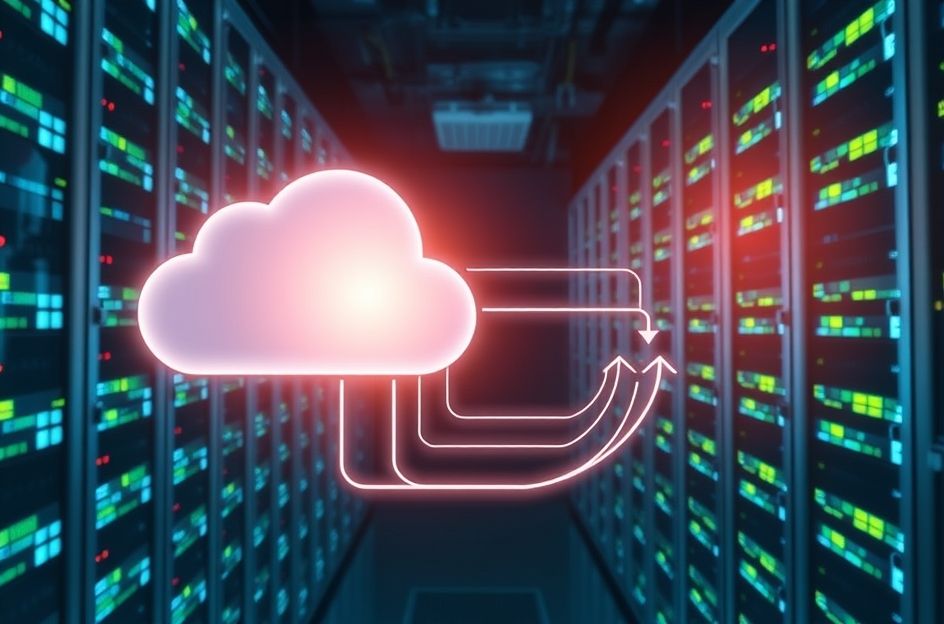In today’s digital landscape, data is the lifeblood of any business. Losing it can be catastrophic, potentially leading to significant financial losses, reputational damage, and even business closure. Implementing a robust data backup plan is not just a good idea; it’s a necessity.
**Why Backups Are Non-Negotiable**
Computers fail. Viruses spread. Natural disasters occur. These events can strike without warning, leaving you scrambling to recover critical data. A well-executed backup strategy ensures that you can restore your systems quickly and efficiently, minimizing downtime and preventing data loss.
**Key Data to Back Up**
* **Customer Databases:** Your customer database contains vital information about your clients, including their contact details, purchase history, and preferences. Losing this data can severely impact your ability to serve your customers and generate revenue.
* **Payroll Records:** Accurate payroll records are essential for compliance and employee satisfaction. Backing up these records protects you from potential legal issues and ensures that your employees are paid on time.
* **Windows Registry:** The Windows Registry is the central database that stores configuration settings for your operating system and applications. Backing it up allows you to quickly restore your system to a working state in case of corruption or failure.
**Backup Methods**
* **External Hard Drives:** External hard drives offer a convenient and cost-effective way to back up large amounts of data. They are fast and easy to use, making them a popular choice for small businesses.
* **RAID Systems:** RAID (Redundant Array of Inexpensive Disks) systems provide data redundancy by mirroring data across multiple drives. If one drive fails, the other drive automatically takes over, ensuring continuous operation.
* **Online Backup Services:** Online backup services offer offsite storage for your data, protecting it from physical disasters such as fire or theft. These services typically provide automated backups and easy recovery options.
**Where to Store Backups**
* **Offsite Storage:** Storing backups offsite is crucial for protecting your data from physical disasters. Consider storing backups at your home, in a secure data center, or using an online backup service.
**Outdated Methods to Avoid**
* **Floppy Disks:** Floppy disks are obsolete and impractical for modern data backups due to their limited storage capacity and slow transfer speeds.
* **Internal Hard Drive Only:** While backing up to a secondary internal drive is an option, this still leaves your backups vulnerable to on-site disasters like fire or theft. It’s best to have an offsite backup in addition to any local backups.
**Advanced Security with Online Backups**
For enhanced security and peace of mind, consider using an online backup service. These services store your data in secure data centers, protecting it from physical threats and ensuring its availability even in the event of a disaster. For companies using Microsoft products, SharePoint offers secure document storage with version control, adding another layer of data protection.
**Conclusion**
Protecting your data is paramount. By implementing a comprehensive backup plan that includes regular backups, offsite storage, and appropriate security measures, you can safeguard your business from the devastating consequences of data loss. Don’t wait until it’s too late – start backing up your data today.
